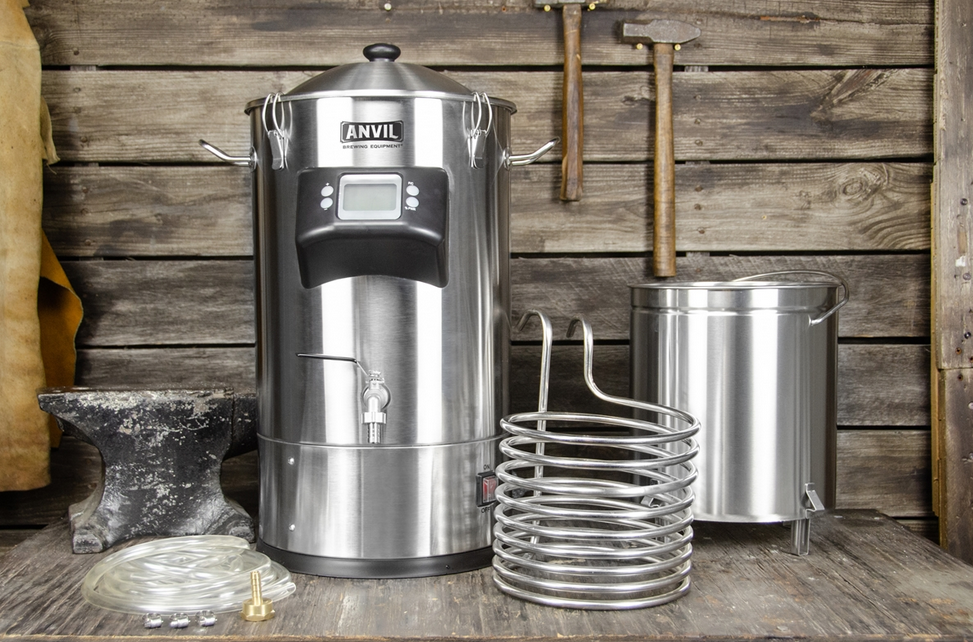

Please be patient as more links will be added you have to start somewhere. What Did You Learn This Month? (4th Wed.) Brewing Tools/Information Tu: Tuesday Recipe Critique and Formulation!įri: Free-For-All Friday! Monthly Threads Vendors/Potential Vendors, read this before posting Daily Threads Looking at my prior post, the first two sentences should not have been put together in the same paragraph as they related to independent thoughts.Welcome those of the fermentation persuasion!īefore making a post, read our posting guidelines As I stated above, I would suggest other grains as superior options unless OP really wants that raw wheat flavor. I certainly would not suggest using a lot of flaked wheat if not converting it but a small amount could be useful for his extract brew for haze, flavor and marginally for color. I didn't see where OP indicated how much he would use. It's also used in some traditional witbier processes and lambic turbid mashes where you can carry through some starches that don't convert and get consumed during secondary fermentation. Pure unmalted wheat will not convert well with a single infusion mash. Unmalted wheat presents some challenges for the single infusion homebrewer. Often 5-10 rolled or flaked oats are added to enhance body and flavor. Belgian beer styles are numerous and diverse. Belgian Wit is made from a base of around 50 pale malt, and 50 unmalted wheat. This malt is a great addition to any darker beer style. David, weighing in between 4, but I wanted to give a variety of recipes for people to look at. Our Roasted Wheat Malt is produced by roasting unmalted wheat.Using Gladfield Roasted Wheat is an excellent way to impart roasted coffee and chocolate flavours without adding any of the bitterness that can sometimes come from using Roasted Barley or Chocolate Malts. It's not really one I advocate but I've seen it suggested by some extract brewers. Its a pale wheat beer brewed with unmalted wheat and typically contains aromatic spices like coriander and orange peel. For extract brewers it is one method to develop haze - since conversion isn't an issue - and flavor.

So in that case, the unmalted wheat is adding starch for conversion first and foremost.

For most brewers, unmalted wheat adds starches that will be converted, proteins and a different wheat flavor than malted wheat, such as witbier that you point out.


 0 kommentar(er)
0 kommentar(er)
